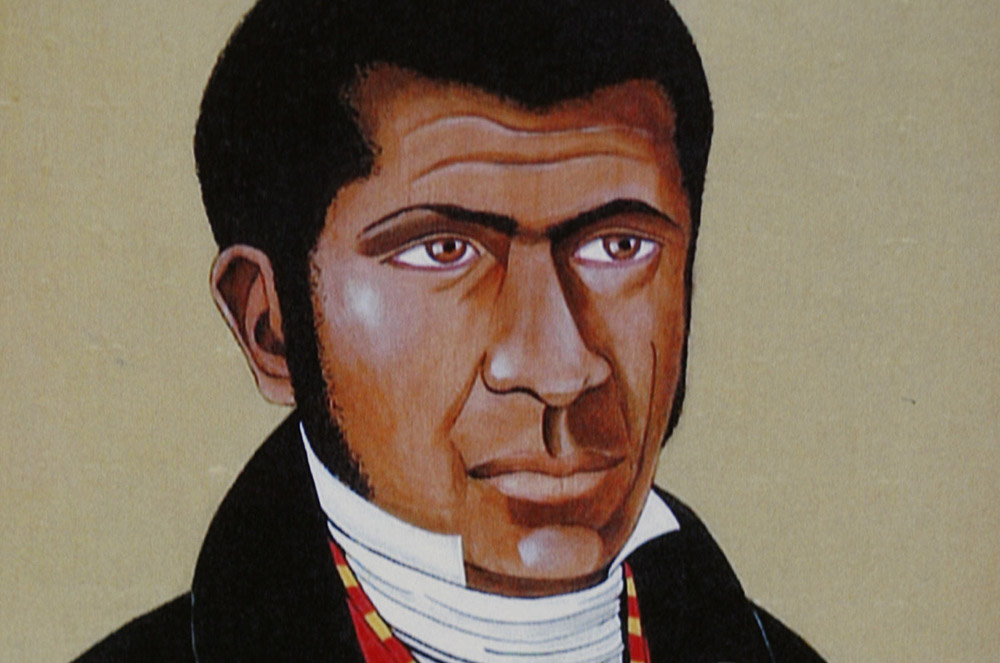On May 1, the universal Church celebrates the feast of St. Joseph the Worker — established by Pope Venerable Pius XII in 1955 to give recognition to the dignity of human labor and combat the Communists’ May Day.
St. Joseph’s entire life was lived in service to God — His wise and faithful servant — caring for the holy Child God gave him and the Blessed Mother.
His prerogatives are what show St. Joseph’s characteristics most clearly. When confronted with the reality that his betrothed was pregnant — without his involvement — St. Joseph responded in faith. His response involved no words; in fact, no words of St. Joseph are recorded in all of Scripture.
But, perhaps, that’s the point. As Pope St. John Paul II once wrote: “The Gospels speak exclusively of what Joseph ‘did.’ Still, they allow us to discover in his ‘actions’ — shrouded in silence as they are — an aura of deep contemplation.” Could St. Joseph have heard God — and responded without reticence — if silence wasn’t a part of his life?
The Gospel shows that St. Joseph doesn’t ask questions of God’s plan, he doesn’t waste time or get caught up in himself. He doesn’t seem to care if he could be driven from his hometown or lose his carpentry business. St. Joseph doesn’t count the cost of what it could mean to him if he takes Mary as his wife, given most will doubt her baby’s virginal conception. No, St. Joseph doesn’t give in to any fear or temptation to doubt. In silence, St. Joseph obeys. In faith, St. Joseph is a doer and lays down his life for his beloved.
The Communion Antiphon on the feast of St. Joseph the Worker takes a line from St. Paul’s Letter to the Colossians and sums up St. Joseph so well: “Whatever you do, in word or deed, do everything in the name of the Lord” (3:17).
To me it is clear that, more than carpentry, love is St. Joseph’s labor. May he inspire us all more each day to do the work God lays before our path.
Michael R. Heinlein is editor of Simply Catholic. Follow him on Twitter @HeinleinMichael.







